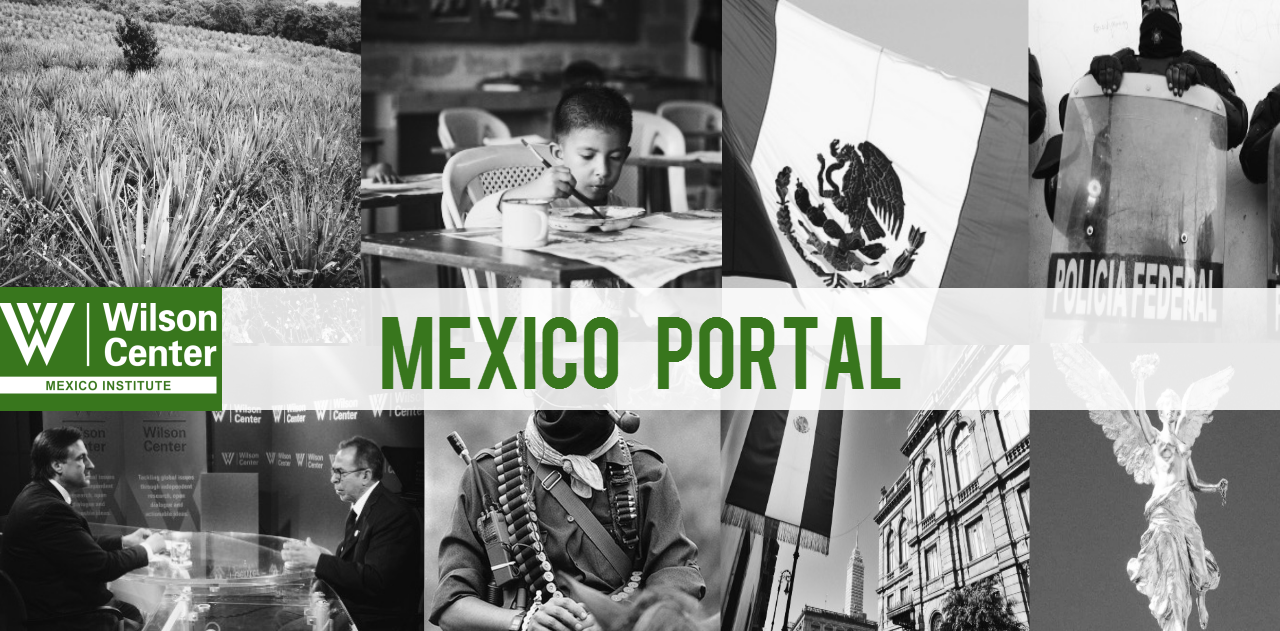3/15/16 ABC News
The last direct flight carrying stranded Cuban migrants from Costa Rica has arrived in Mexico, ending an effort that transported 6,003 Cubans, including some from Panama, Mexico’s Interior Department said Tuesday.
Nearly 8,000 Cuban migrants had been stuck in Costa Rica after Nicaragua began refusing passage to them in November. Others had been stuck in Panama, on a land route that saw Cubans flying to Ecuador and then making their way overland through Central America to reach the U.S. border. Ecuador began requiring visas for Cubans late last year, effectively blocking the route to most would-be migrants.
Costa Rica’s Foreign Relations Ministry said the last flight Tuesday included 50 migrants who couldn’t pay for the chartered flights to Mexico, and got tickets subsidized by international aid groups. Costa Rica had housed thousands of Cubans for months at 44 shelters.







